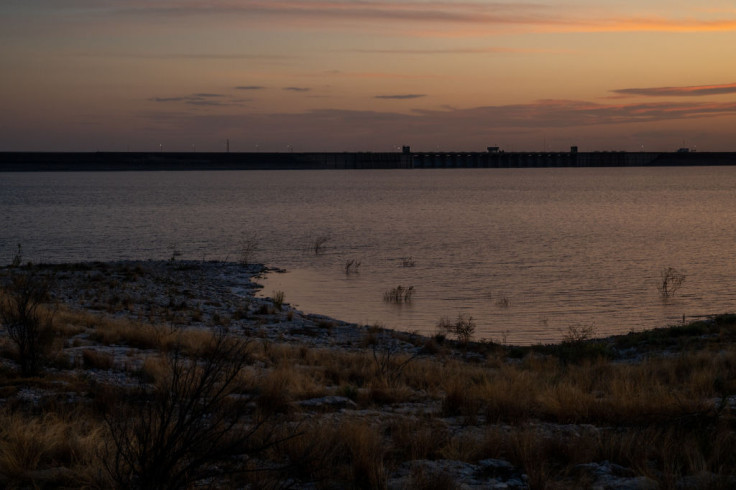
Governors of the northern Mexican border states of are opposing water payments owed to the United States, arguing that the move could jeopardize the water supply for residents in their municipalities.
Under the terms of a 1944 treaty, Mexico is required to deliver 1.75 million acre-feet of water from the Rio Grande to the U.S. every five years. But with only a few months left in the current cycle, Mexico still owes roughly two-thirds of that amount to its northern neighbor.
The delay—driven by a prolonged drought in the region—prompted U.S. President Donald Trump to escalate the matter, threatening the Mexican government with possible sanctions unless the country catches up on its water deliveries.
Less than 24 hours after Trump floated the idea of sanctions, Mexican President Claudia Sheinbaum promised Texas farmers an "immediate delivery of a number of millions of cubic meters" of water, depending on current levels in the Rio Grande. But the governors of Coahuila, Chihuahua, and Tamaulipas are opposing making payments.
Coahuila Governor Manolo Jiménez warned that such a move could endanger communities like Piedras Negras and Ciudad Acuña. He said authorities should prioritize ensuring water access for Mexican residents and criticized the decision to draw water from the La Amistad dam, which supplies multiple communities along Mexico's side of the border.
Similarly, Tamaulipas Governor Américo Villarreal believes that now is not the time for the U.S. to pressure Mexico over late payments.
"This is not the time for us to be pressured in this way, because we're about to enter hurricane season, and what the treaty says is that if the dams are filled by a hydrometeorological event, the cycle is closed, the debt is cleared, and a new cycle begins," Villarreal's administration told Mexican news outlet Milenio.
In an interview, Raúl Quiroga Álvarez, Tamaulipas' secretary of water resources, told Milenio that Mexico does not owe any water to the U.S. at this moment, because the five-year cycle, as outlined in the treaty, does not expire until October.
"We, just like Texas residents, rely on runoff from these rivers, which is stored in two international dams —La Amistad and Falcon— and right now they hold very little water compared to what we need in Tamaulipas," the state official said.
Chihuahua Gov. María Eugenia Campos, on her end, said her administration will not deliver water to the United States, calling the current demands impossible to meet.
"No one is obligated to do the impossible. Chihuahua is the only state in the country currently facing extreme drought," Campos told reporters during a news conference. "We cannot give water to the United States when we don't even have enough for ourselves." She stressed that her administration's priority is to secure water access for Chihuahua's agricultural sector, which is grappling with severe shortages.
"You can't make international commitments when we don't even have the resources for our own people," she added.
© 2025 Latin Times. All rights reserved. Do not reproduce without permission.






